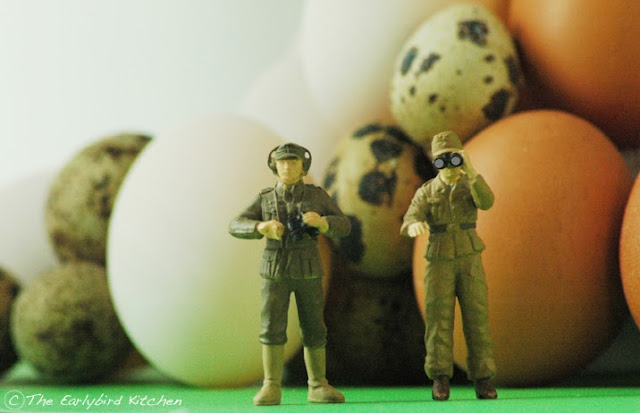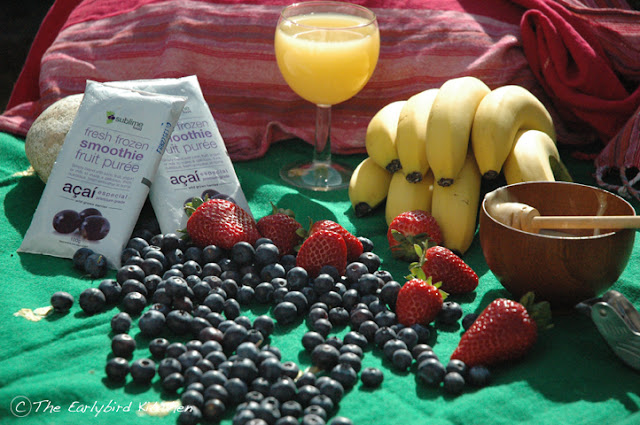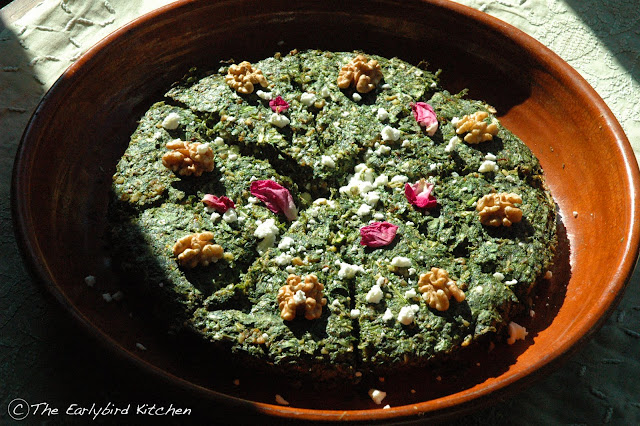Good Egg Looking for a Soldier
The use of eggs in cooking is believed by egg historians to have started in China around 6000 BC, for centuries people have been boiling eggs for their breakfast. You would think by now that we would have really got the hang of it, from my research it appears we do not, and for most it is like cooking rice, a touch and go operation often ending in disaster and approached with slight fear. This post is all about the perfect 'soft-boiled' egg or its official name a 'mollet' egg and the perfect soldier to dip it, or in old English a 'sippet'.
I have studied in great care our top chefs past and present and their advice to us on the boiling of an egg. Delia Smith suggests putting a pin prick in the top of the egg to let the air out...zzzz sorry Delia I dropped off there...Michel Roux says his mother used to put the eggs just covered in cold water and bring them to the simmer slowly over a medium heat, leave for 30 seconds and then take out immediately...Mrs Beeton says prescriptively of boiling eggs 'Eggs are much better when new-laid than a day or two afterwards'.
The usual time allotted for boiling eggs in the shell is three to 3.25 minutes, less time will not be sufficient to solidify the white, whereas longer will make the yolk less digestible. Great care should be employed in putting them into the water, to prevent cracking the shell.' With so much information and advice available to us it is easy to see how we get it wrong so often. Let me take away the mystery for you and show you how you too can perform this very simple but delicious act to perfection.
Firstly let me introduce you to my kindly hen Harriet who laid some of the eggs for my experiments today and yesterday. Before you say she is in the house...I don't actually let her in she lets herself in.
Here is my scoop on egg choosing. Always use the freshest you can get your hands on, preferably organic but definitely free range, if you use a battery hens' egg it won't work and you will go to hell. If you are lucky enough to get hold of freshly laid eggs give them 30 seconds more cooking time than store bought ones. Some people I know like to keep their eggs in the fridge, I do not, they have to be room temperature in my mind for cooking in any capacity. It is of course a personal preference and government recommendation, but, for the following recipes makesure your eggs are taken out of the fridge for at least two hours prior, because if you are to introduce them to hot water there is a danger of cracking the shell. Add a pinch of salt to the water, more for bad luck than luck really as if the egg is cracked it will help a bit to quickly seal in the egg white and prevent a mess in your pan.
2 large fresh hen eggs
Granary bread the best you can get
Butter
Sea salt
Cracked black pepper
Use a small pan with a lid when cooking eggs like this, it just gives you more of a chance of success and less cracked disasters. Fill your pan with cold water enough to cover them by about 1.5 cms. Bring the pan to a gentle boil and once ready lower the eggs in. It is now all about timings. For 1 minute gently boil with the lid off, after a minute take off the heat put the lid back on and time them resting in the water for a further 7 minutes and for fresh eggs 7 minutes and 30 seconds.
Lightly toast your granary bread and spread with butter, slice into thin strips to fit into the top of your egg. Serve with sea salt and cracked black pepper.
Mollet Duck Eggs with Irish Soda Bread Sippets
Mollet Duck Eggs with Irish Soda Bread Sippets
2 large fresh duck eggs - if you can get the light green/blue ones they look very pretty on the plate.
Wholemeal Irish soda bread
Butter
Sea salt
Cracked black pepper
Again using a small pan fill with enough water to cover the duck eggs by about 2 cms. Bring the pan to a rolling boil and time the eggs for 1 minute, turn the heat to a simmer and time for a further 2 minutes. Remove the eggs from the water and serve with lightly toasted wholemeal Irish soda bread and spread with butter, slice into strips to fit into the top of your egg. Serve with sea salt and cracked black pepper.
Mollet Quail Eggs with Asparagus and Smoked Bacon Sippets
Mollet Quail Eggs with Asparagus and Smoked Bacon Sippets
3 quail eggs
3 fresh aparagus tips
3 rashers smoked streaky bacon
Olive oil for drizzling
Sea salt
Cracked black pepper
Turn on your oven to 200C - 400F - Gas mark 6. Put a small pan filled with enough water to cover the eggs by 1 cm on the heat and bring to a boil. Whilst this is heating up take your bacon rashers and cut them in half lengthways and wrap them tightly around the asparagus spears. Take a baking dish and line with foil and place the bacon wrapped asparagus tips into the dish and drizzle with best olive oil. Put in the oven for 10 minutes to cook. During the last 5 minutes of cooking time gently lower your quail eggs into the boiling water and time them in the water for 2 minutes and 3 seconds. Remove the eggs from the water and serve with your asparagus sippets and sea salt and cracked black pepper.
3 fresh aparagus tips
3 rashers smoked streaky bacon
Olive oil for drizzling
Sea salt
Cracked black pepper
Turn on your oven to 200C - 400F - Gas mark 6. Put a small pan filled with enough water to cover the eggs by 1 cm on the heat and bring to a boil. Whilst this is heating up take your bacon rashers and cut them in half lengthways and wrap them tightly around the asparagus spears. Take a baking dish and line with foil and place the bacon wrapped asparagus tips into the dish and drizzle with best olive oil. Put in the oven for 10 minutes to cook. During the last 5 minutes of cooking time gently lower your quail eggs into the boiling water and time them in the water for 2 minutes and 3 seconds. Remove the eggs from the water and serve with your asparagus sippets and sea salt and cracked black pepper.








Comments
Post a Comment